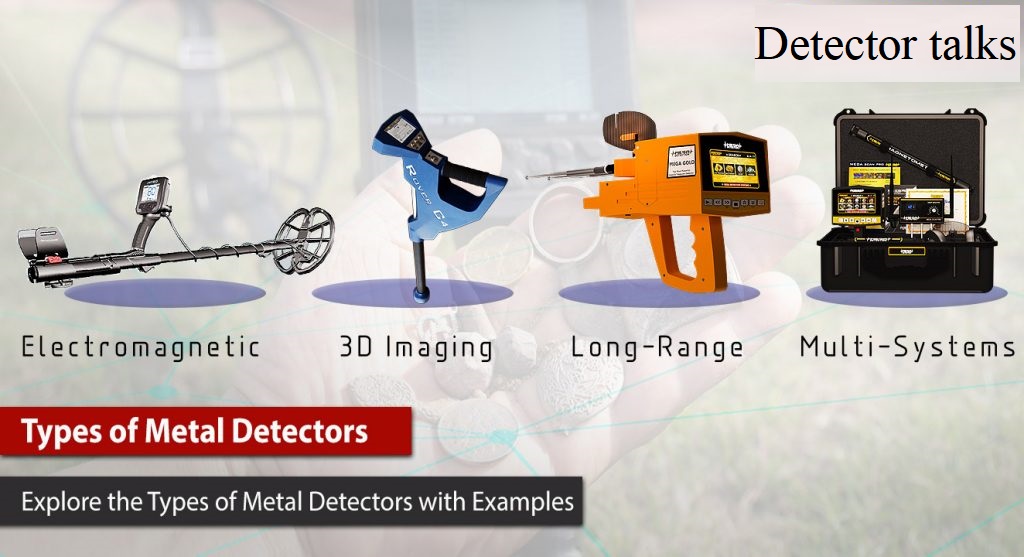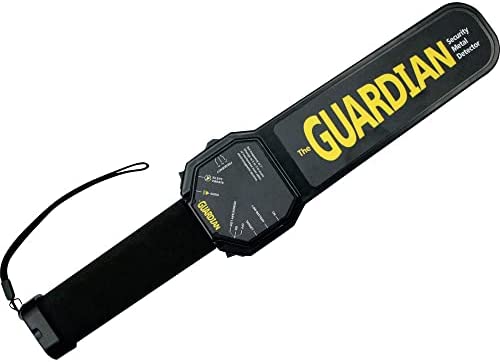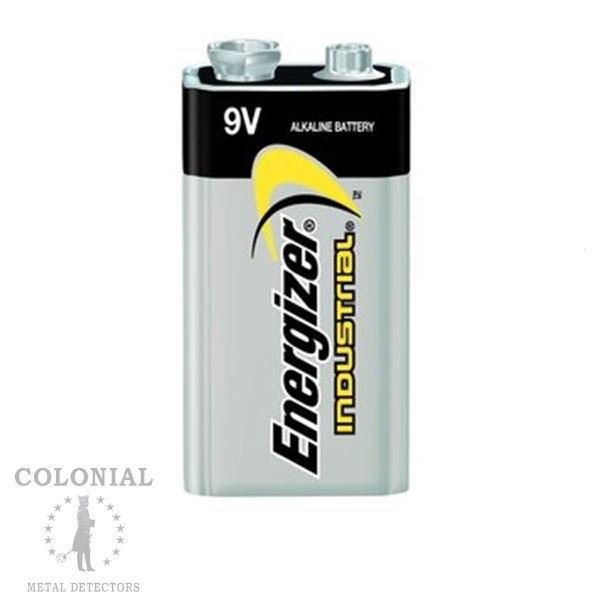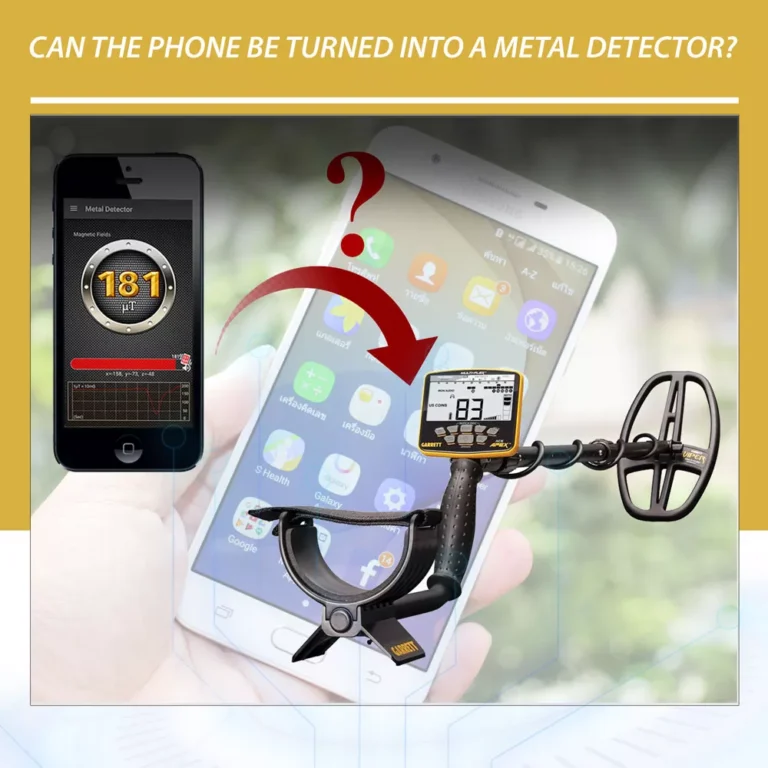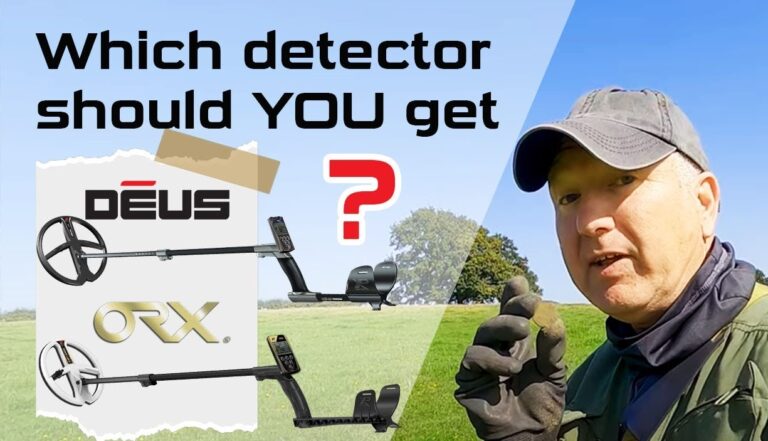Metal Detector Types
If you are interested in purchasing a metal detector, it is important to know the Metal Detector Types available on the market. The most common type of metal detector is the hand-held unit. These units are small and lightweight, making them easy to carry around.
They typically have a large search coil that scans an area of metal objects. Another type of metal detector is the ground-penetrating radar unit. These units use radio waves to penetrate the ground and detect buried metals.
Types of Metal Detectors Pdf
If you are serious about metal detecting, you need to know about the different types of metal detectors available on the market. Each type of detector has strengths and weaknesses, so choosing the right one for your needs is essential. In this blog post, we will go over the different types of metal detectors and their features so that you can make an informed decision when purchasing a detector.
The first type of metal detector is called a VLF (shallow frequency) detector. These detectors use radio waves to detect metallic objects buried in the ground. VLF detectors are good at finding small objects but are less sensitive to larger ones.
The second type of metal detector is called a PI (pulse induction) detector. These detectors use magnetic fields to detect metallic objects buried in the ground. PI detectors are susceptible and can find both large and small objects.
However, they are more expensive than VLF detectors. The third type of metal detector is called an induction balance detector. These detectors use electrical currents to detect metallic objects buried in the ground.
Induction balance detectors are susceptible and can find both large and small objects.
Types of Metal Detectors in the Food Industry
Different metal detectors can be used in the food industry, each with advantages and disadvantages. The most common type of metal detector is the electromagnetic detector, which uses a magnetic field to detect metals. This type of detector is typically used for smaller items such as coins or jewelry.
Another type of metal detector is the X-ray machine, which uses high-energy X-rays to detect metals. This type of machine is often used for oversized items such as food cans or containers.
Professional Metal Detector
If you are looking for a professional metal detector, keep a few things in mind. First, consider what type of detecting you will be doing. Detectors are designed for different types of terrain and various objects.
Second, consider the size and weight of the unit. Some detectors are enormous and heavy, while others are smaller and more portable. Third, consider the price.
Professional metal detectors can range in price from a few hundred dollars to several thousand dollars. Finally, read reviews to understand which models have the best features and performance.
Metal Detector Brands
There are many different brands of metal detectors on the market, each with unique features and benefits. Deciding which suits you can be challenging, but it’s essential to research before purchasing. Here is a look at some of the most popular metal detector brands and what they have to offer:
1. Garrett Metal Detectors: Garrett is one of the most trusted names in the metal detecting industry. They offer various products, from entry-level detectors to professional-grade models. Garrett also offers a variety of accessories, such as search coils and headphones, to help you get the most out of your metal-detecting experience.
2. Minelab Metal Detectors: Minelab is another leading manufacturer of metal detectors. Their products are known for their advanced technology and superior performance. Minelab offers both entry-level and professional models, as well as a variety of accessories to help you customize your metal-detecting experience.
3. Fisher Metal Detectors: Fisher has been manufacturing metal detectors for over 50 years and is one of the most respected brands in the industry. They offer various products, from entry-level detectors to professional-grade models.
Credit: orientdetectors.com
What are the Top 5 Metal Detectors?
The top 5 metal detectors, according to MetalDetector.com, are: 1. Garrett ATX 2. Minelab GPX 5000
3. Fisher F75 SE 4. Teknetics T2 Classic
Which Metal Detector Has the Best Depth?
There is no definitive answer to this question as it depends on several factors, such as the type of metal you are looking for, the target size, and the ground conditions. However, a few metal detectors are known for their deep-seeking abilities. The first is the Minelab GPX 5000, designed for gold prospecting.
It has an impressive depth range of up to 40cm (16 inches), making it ideal for finding buried nuggets or coins. Another good option for deep seeking is the Teknetics T2 Classic, which can reach depths up to 70cm (28 inches). Finally, if you’re willing to spend a bit more money, the Nokta Fors CoRe+RF can reach depths of up to 1 meter (3 feet).
So, while there is no explicit ‘best’ metal detector for depth, these three models should give you a good starting point in your search.
Are Multi Frequency Metal Detectors Better?
There is a lot of debate in the metal-detecting community about whether multi-frequency metal detectors are better than single-frequency units. Both types of units have pros and cons, depending on what you’re looking for in a metal detector and your budget. Multi-frequency detectors usually cost more than single-frequency units, but they offer a few advantages.
First, they can detect a wider range of ferrous and non-ferrous metals. Second, they tend to be more sensitive than single-frequency units, so you’re more likely to find smaller pieces of metal with a multi-frequency detector. Finally, multi-frequency detectors aren’t as affected by mineralization in the ground as single-frequency units are, so you’ll be able to search in areas that would usually be off-limits to those with single-frequency units.
On the other hand, single-frequency metal detectors have their own set of advantages. They’re typically less expensive than multi-frequency units, lighter, and easier to carry. Additionally, some people prefer the simplicity of a single-frequency unit – there is no need to adjust frequencies or mess with any settings; you turn it on and start searching.
Finally, multi-frequency units require less upkeep than multi-frequency detectors – there are no batteries, for example. Which type of detector is best for you? It depends on your individual needs and preferences.
A multi-frequency detector is your best bet if you want the most versatile unit to handle different terrains and conditions. But if you’re looking for something simpler and more affordable, a single-frequency unit might be the way to go.
What Metal Detectors Cannot Detect?
While metal detectors are designed to find all kinds of metals, there are some metals that they cannot detect. The most common metal that metal detectors cannot see is aluminum. Aluminum is used in many everyday items, so it can be frustrating when your detector doesn’t beep.
Other metals that detectors need help with are copper and brass. These metals are not as dense as others, so they don’t register on the detector’s sensors. If you’re having trouble finding metals with your detector, try switching to a different setting or increasing the sensitivity.
Conclusion
Many different types of metal detectors are on the market, each with unique capabilities. Here is a brief overview of the most popular types of metal detectors:
1. Handheld Metal Detectors: These are the most basic type of metal detector typically used for security screening at airports, public events, and other high-traffic areas. Handheld detectors can be used to scan both people and belongings.
2. Walk-Through Metal Detectors: These larger units are designed for scanning crowds of people in a single pass. Walk-through detectors are often used in conjunction with handheld units for added security.
3. Ground Search Metal Detectors: These are designed for use on land -typically to locate buried objects such as coins, jewelry, or weapons. Ground search units usually have more sensitive sensors than other detectors and can also be equipped with unique features like GPS mapping capabilities.

